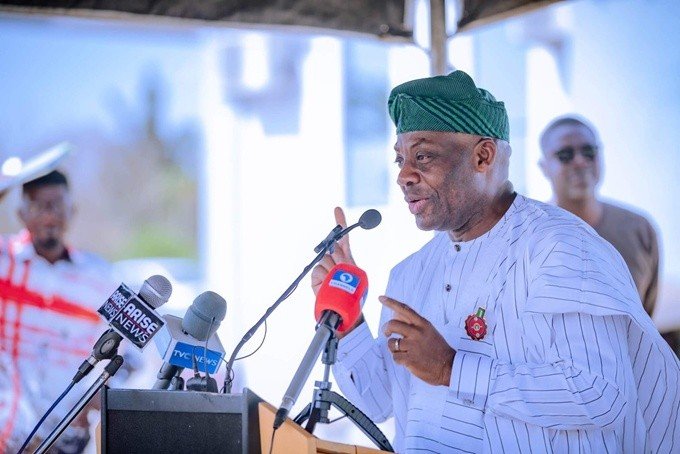
In a nation where educational inequality has long been tied to economic disparity, the Federal Government of Nigeria has announced a bold intervention: a 50% increase in scholarship grants and a ₦6 billion allocation for the 2025/2026 academic cycle. This development, revealed by the Federal Scholarship Board under the Ministry of Education, marks a significant policy shift that may redefine the role of public education funding in driving national development.
This isn’t just another policy statement. The commitment comes at a time when the cost of education is rising across all levels, from basic education to postgraduate studies, driven by inflation, foreign exchange instability, and rising operational costs within Nigerian institutions. Many students, especially in Northern and rural regions, remain excluded due to financial hardship and limited access to government-backed financial aid.
Strategic Timing and Policy Signal
The timing of the announcement is telling. It follows mounting pressure on the government to expand social investments in the wake of subsidy removals and currency devaluation that have severely eroded household incomes. By doubling down on scholarships, the FG is sending a message: education will not be sacrificed in the current economic recalibration.
More importantly, the move comes alongside other social sector reforms, including targeted student loan disbursements and infrastructure revitalisation efforts in federal universities. This scholarship expansion could work in tandem with these policies, creating a safety net that strengthens access and inclusion in tertiary education.
Targeting Human Capital Development
The allocation of ₦6 billion is not just a budgetary act. It is a statement of intent. Nigeria has one of the youngest populations in the world, with nearly 70% under the age of 30. Yet, chronic underfunding in education has often turned this demographic advantage into a ticking time bomb. This investment, if well-structured, could unlock future productivity, upskilling millions and preparing them to thrive in a knowledge-driven global economy.
Policy experts suggest the expansion of funding must come with improved targeting mechanisms. For example, prioritizing STEM students, low-income households, and conflict-affected zones could yield long-term economic returns. Transparency in disbursement, real-time monitoring, and collaboration with state governments will also be critical in translating budget into impact.
Private Sector Implications
Interestingly, this public sector push is likely to trigger a ripple effect in the private education financing ecosystem. With the FG taking a more active stance, private foundations, educational trusts, and CSR units may also increase their support for scholarship schemes and tuition relief programs. This could lead to a more blended education finance model in Nigeria, where public and private sectors jointly fund talent pipelines and research capacity.
Moreover, if executed well, this policy could improve Nigeria’s performance in global education indexes and SDG commitments. More students completing higher education, especially in underserved regions, could eventually reduce poverty rates and fuel entrepreneurship in emerging industries such as fintech, agriculture, healthtech, and renewable energy.
The Road Ahead
Of course, execution remains the ultimate test. Government schemes have often suffered from poor tracking, leakages, and bureaucratic bottlenecks. The current administration must learn from past lapses and build systems that are transparent, tech-enabled, and people-centric.
Nigeria’s education sector does not need token gestures. It requires consistent, bold, and well-financed strategies. The ₦6 billion scholarship fund could be a turning point if treated as the beginning of a longer-term plan to redesign the nation’s talent development architecture.
As Nigeria confronts a complex future shaped by digital disruption, global competitiveness, and economic realignment, one thing is clear: investing in young minds is not optional. It is national strategy.